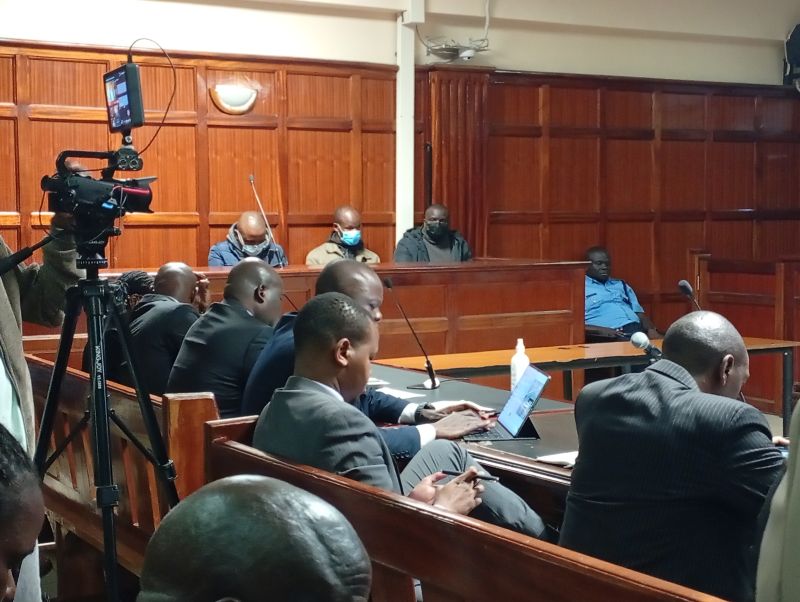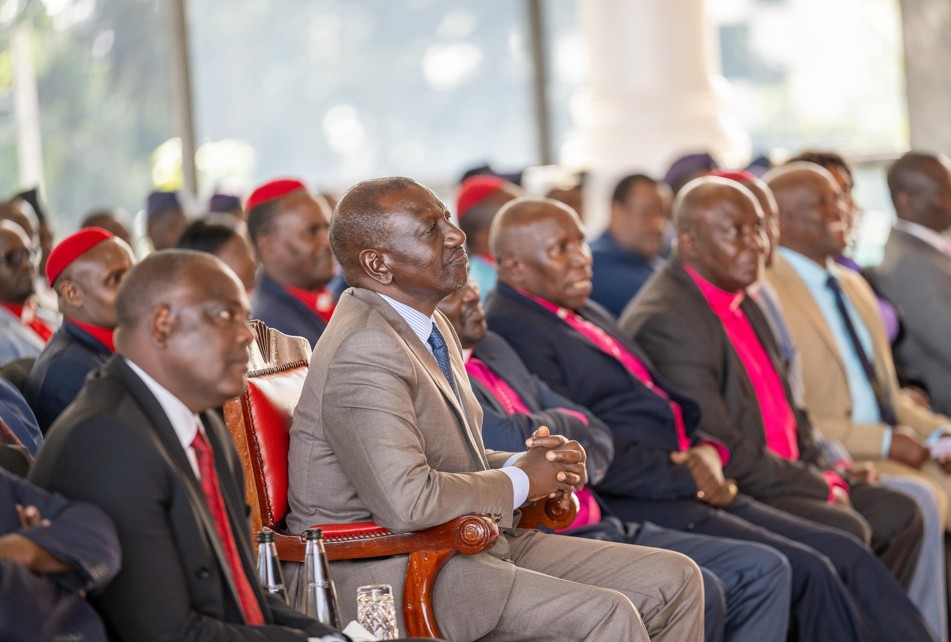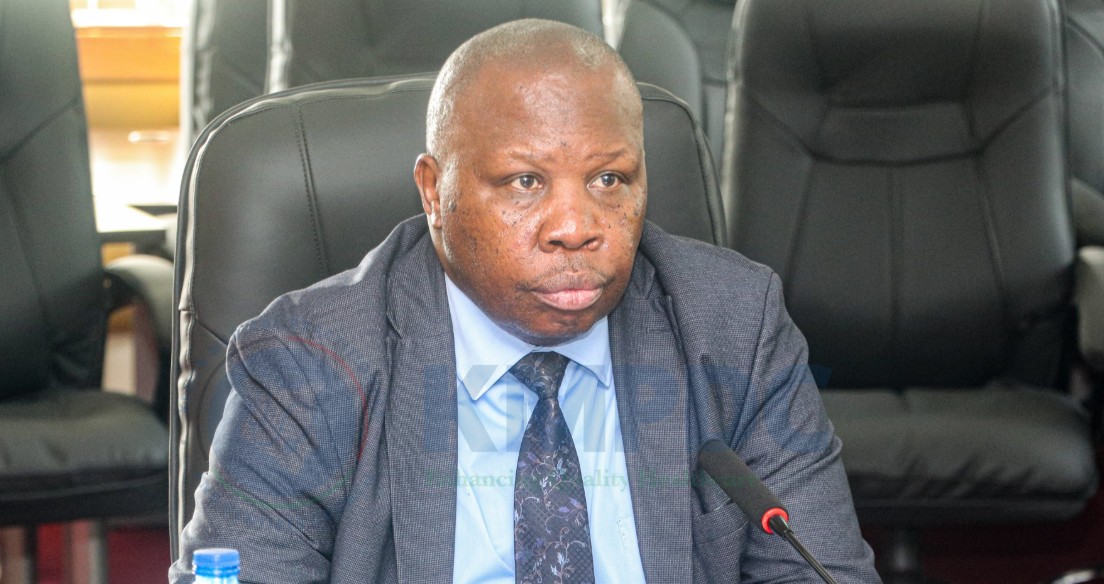Kenyans forced to pay up to Sh20,000 in bribes for police services -report

The NPS has consistently ranked among the most corrupt institutions in Kenya, with traffic officers frequently implicated in bribery scandals.
A report by the Ethics and Anti-Corruption Commission (EACC) has exposed widespread bribery within the National Police Service (NPS), revealing that Kenyans paid as much as Sh20,000 in bribes to obtain police services in 2023.
The report, released on Monday, February 10, found that individuals seeking police abstracts were required to pay an average bribe of Sh20,300, a significant rise from the Sh2,000 paid in 2022. Similarly, Kenyans seeking police protection had to part with an average of Sh6,887 in bribes, up from Sh816 in 2018.
More To Read
- Funding shortage puts EACC’s anti-graft war at risk- Auditor General
- Nyamira Governor Amos Nyaribo, officials targeted in EACC corruption sweep
- Senate probe uncovers unpaid loans by ex-governors, county officials
- EACC recovers Sh2.8 billion Karura Forest land from late ex-minister Kamotho’s company
- PSC, KNEC roll out digital checks to tackle fake certificates in civil service
- Court dismisses EACC bid to block Sh20.5 million fire engine tender payment
Meanwhile, bribes demanded by traffic police officers increased by 89 per cent between 2022 and 2023.
The report revealed that the average bribe paid to regular police officers rose by 39.1 per cent, with members of the public paying an average of Sh11,115 for their services, while traffic police officers received an average of Sh7,000.
EACC also noted that the amount paid to obtain a certificate of good conduct decreased from Sh2,183 in 2022 to Sh541 in 2023.
The report further highlighted that 75 out of every 100 Kenyans admitted to bribing traffic police officers in 2024, an increase from 69 out of 100 in 2023 and 2022. It also revealed that the likelihood of being asked for a bribe when seeking police services remained high, even as the chances of receiving better service after paying remained low.
EACC attributed the high levels of corruption to systemic weaknesses within the NPS, stating, “NPS has not developed the requisite documents in line with Chapter Six. There is also non-compliance with provisions of Chapter Six and the Leadership and Integrity Act, 2012.”
The commission also uncovered unethical practices, including the unlawful deduction of allowances meant for police officers, which it said had contributed to the bribery culture. It further blamed the lack of command accountability and supervisory control for enabling corruption within the service.
In response to the rising corruption cases, EACC has announced a systems review of the NPS, set to begin on Monday.
The anti-graft agency stated that the review would examine the operational structures, policies, and procedures within the service to identify and address any weaknesses that may encourage corruption.
“The objective is to identify and address any systemic weaknesses and loopholes that could facilitate corruption and unethical conduct in Kenya’s police operations,” EACC said.
Once the review is completed, the commission will compile a detailed report with recommendations, which will be presented to the Inspector General of Police for implementation.
The NPS has consistently ranked among the most corrupt institutions in Kenya, with traffic officers frequently implicated in bribery scandals.
Anti-corruption detectives have previously pursued officers accused of extorting money from motorists, but bribery within the service remains rampant.
Top Stories Today














































